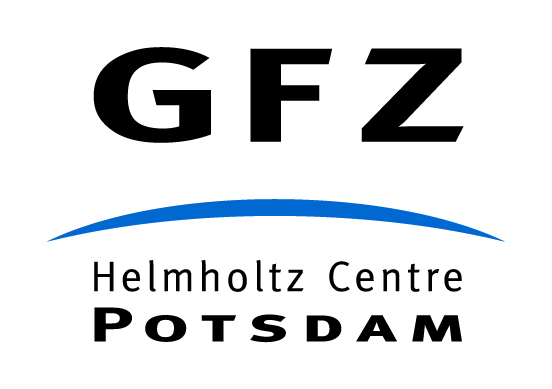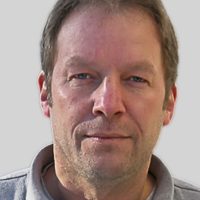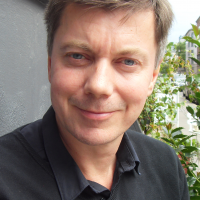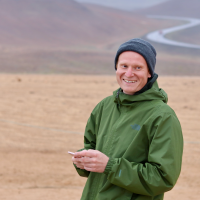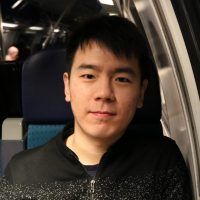The company
GFZ is the German national research centre for Geosciences, hosting 1100+ staff and is active in all fields of Earth science including geodesy, geology, geophysics, mineralogy, and geochemistry in a multidisciplinary scientific and technical environment. GFZ was founded in 1992 as the national research institution for geosciences in Germany and is ab initio member of the Helmholtz Association of National Research Centres. GFZ leads or participated in multiple (>15) projects dealing with geothermal energy.
Role in the Project
The contribution of GFZ in MEET will be made in laboratory investigation of fracture healing and fracture permeability evolution associated with enhanced stimulation of geothermal reservoirs. Conducting the experiments requires specialized laboratory facilities that are hosted at the institute.
GFZ will support petrophysical investigation of rocks and fluids.

